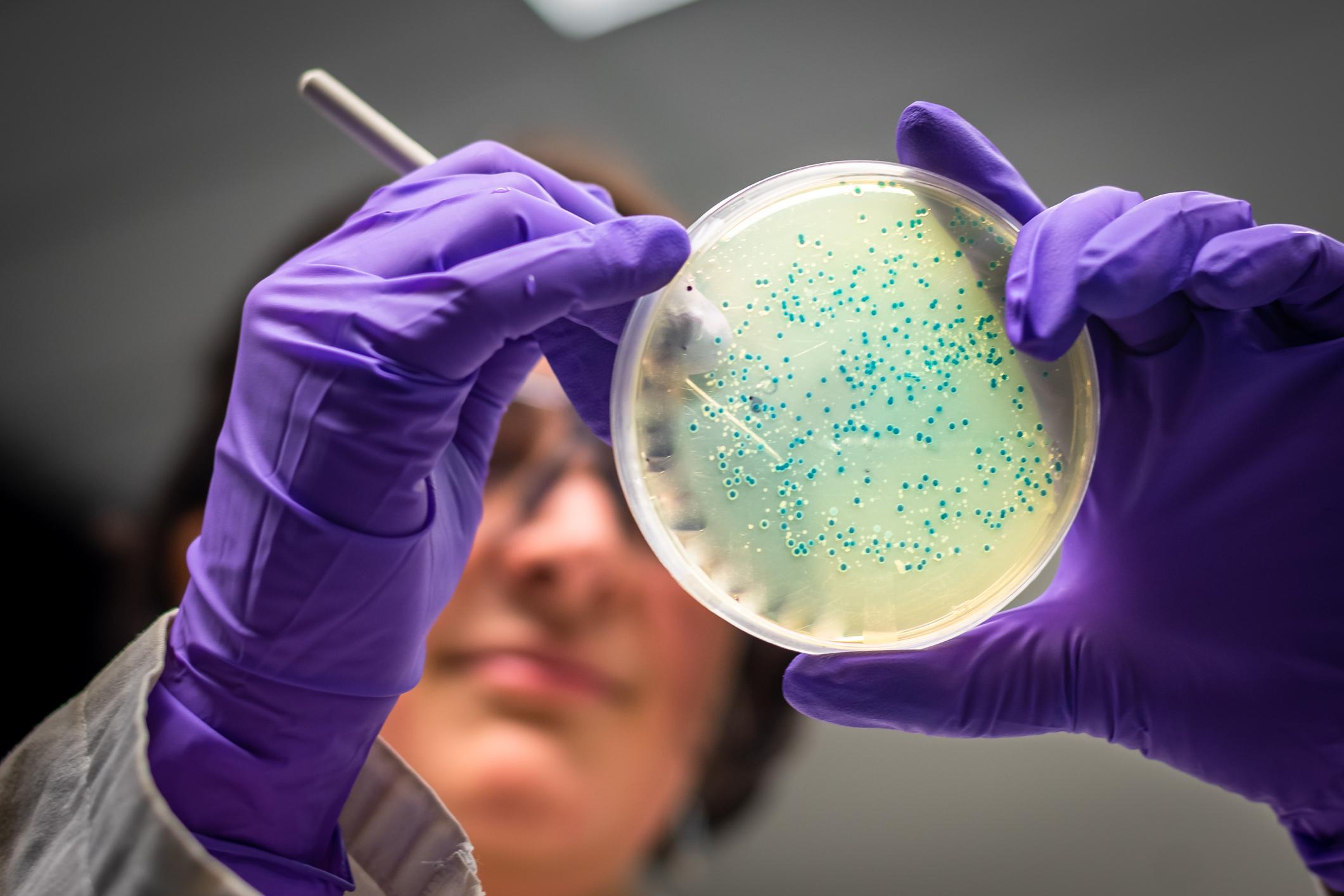Based on recent modeling, researchers have revealed that deaths due to antibiotic resistance will gradually increase over the coming decades.

- Antibiotic resistance can be natural, but also due to misuse or overconsumption of antibiotics.
- Between 1990 and 2021, antibiotic resistance caused more than a million deaths, according to a study.
- According to recent modeling, it is estimated that antibiotic resistance could cause more than 39 million deaths by 2050.
Nearly 39 million deaths by 2050. This is the estimate revealed in a new study, published in The Lancet, assessing the consequences of antibiotic resistance on a global scale.
Antibiotic resistance: more than a million deaths between 1990 and 2021
A real health issue, antibiotic resistance refers to the ability of a bacteria to be insensitive to an antibiotic. Although this antibiotic resistance may be a natural phenomenon, it can nevertheless be accelerated by the overconsumption and misuse of antibiotics. In France, it is estimated that it is associated with more than 5,500 deaths per year.
During this work, estimates were made for 22 pathogens, 84 combinations between pathogen and drug as well as 11 infectious syndromes, including meningitis and blood infections, in individuals of all ages living in 204 countries. These modelings are carried out from 520 million individual records from hospital data, death registers and antibiotic use data.
This study is the first to quantify the impact of antibiotic resistance over time. According to its initial findings, more than a million people died from the consequences of antibiotic resistance between 1990 and 2021. The researchers also made estimates regarding the evolution of this phenomenon over the space of 25 years. Between 2025 and 2050, antibiotic resistance will be directly responsible for more than 39 million deaths and will be correlated with 169 million deaths.
Antibiotic resistance: 1.91 million annual deaths by 2050
While the number of deaths due to antibiotic resistance continues to decline among children under five, this is not the case for other populations, particularly people aged 70 and over. A 146% increase in deaths is estimated by 2050 for this category of individuals. Depending on the country, there will also be notable differences such as, for example, a 72% increase in deaths among people aged over 70 in high-income countries, compared to a 234% increase in North Africa. and in the Middle East.
By analyzing their models, the scientists found that deaths linked to antibiotic resistance will gradually increase over the coming decades, with 1.91 million annual deaths by 2050, an increase of 67.5% compared to the figure for 1.14 million deaths in 2021.
As the researchers pointed out, it is more than necessary to fight against antibiotic resistance. To do this, it is recommended to be careful with your use of antibiotics. When your doctor prescribes treatment with antibiotics, be sure to respect the dose, frequency of doses and duration of your treatment. When it is finished, never use an antibiotic again even if you have symptoms similar to what you had previously.

















